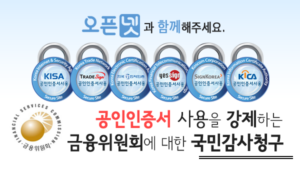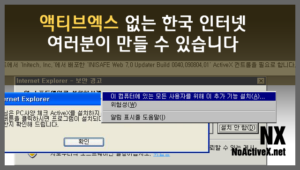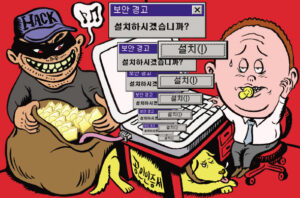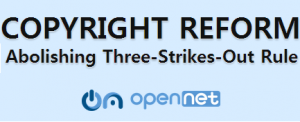Press Release
Open Net files an amicus brief against Texas and Florida laws restricting platforms from moderation on political candidates and journalists or all contents based on viewpoints; due to decide in June 2024
The US Supreme Court is due to decide on Texas and Florida laws restricting platforms' ability to...
Standing in solidarity with the Women and People of South Korea as the Government Denies Sexual and Reproductive Health Rights
Women On Web, an online organization committed to providing vital information on sexual and...
Groups call for action to address South Korea’s delayed commitment to abortion rights
In April 2019, South Korea’s Constitutional Court decriminalized abortion after finding the...
[Joint Press Conference] Civil Societies Demanded the Government to Abolish the Election Broadcast Deliberation Commission
28, March, 2024By Joint Action Against Free Speech The Election Broadcast Deliberation Commission...
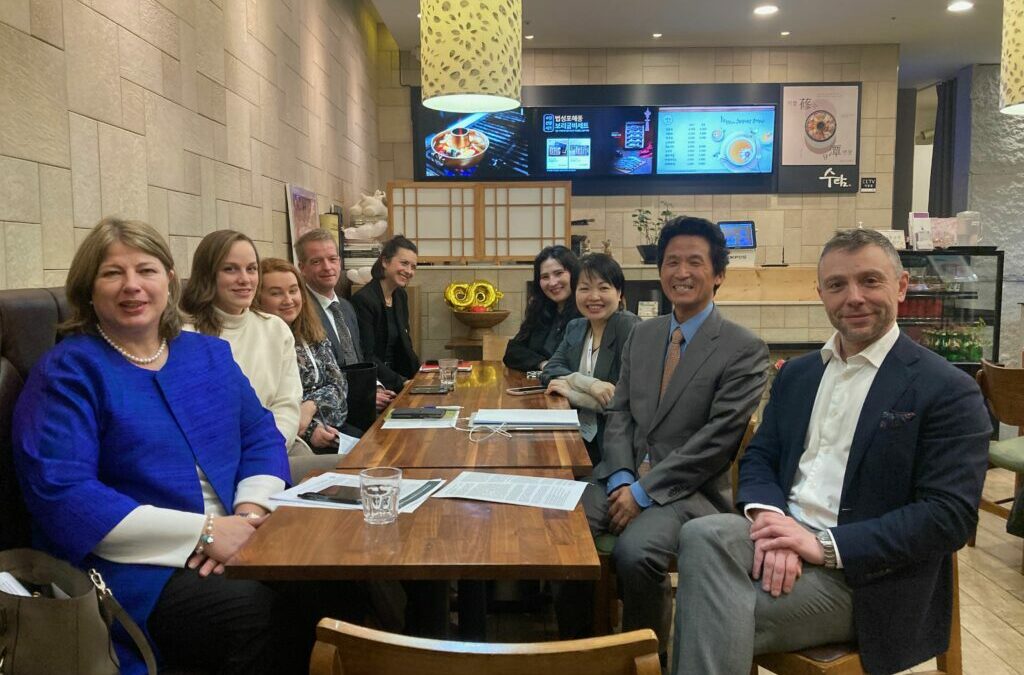
Open Net lobbies for Vietnam digital rights at Summit for Democracy in prep for UN Human Rights Council’s UPR on the country
From March 19 through 27, Open Net lobbied for Vietnam's digital rights in preparation for the...
LITIGATION
Open Net Won the Trial Against KT for Disclosure of Subscriber’s Personal Information
Please read the Korean original here.
Open Net Won the Personal Information Disclosure Lawsuit against KT
Open Net General Counsel Kelly Kim won the lawsuit for the disclosure of her personal information...
Open Net Successfully Defended the Police Defamation Victim HONG Ga-hye at the Supreme Court
Open Net provided legal support to Ga-hye Hong, who was accused of "defamation of the maritime...
Open Net Filed a Constitutional Challenge against the Mandatory Mobile Phone Registration Law
Please read the Korean original here.
Court of appeals confirmed that the blocking of “North Korea Tech” website is unlawful
Court of appeals confirmed that the blocking of “North Korea Tech” website is unlawful The right...
OPEN SEMINAR
[Summary][Debate] We need a public internet law for common people
Before uploading the English version, please read the Korean version with translation tools.
[Summary][Forum] The Issues of the Expulsion Incident of the Three Feminist Artists
Before uploading the English version, please read the Korean version with translation tools.
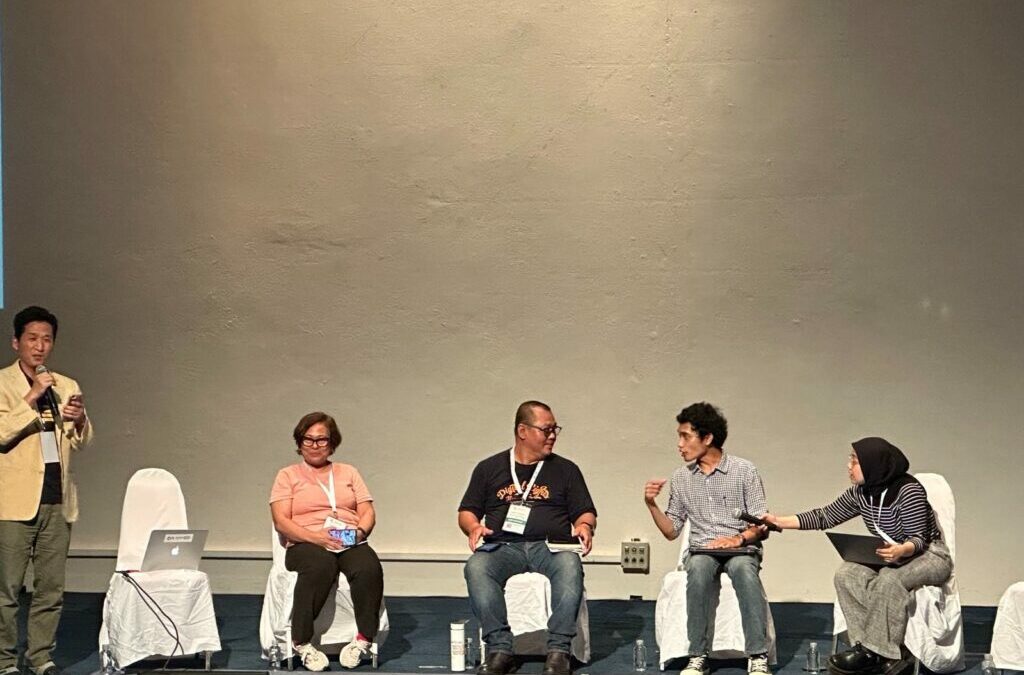
DRAPAC: Collaboration with Big Techs for pro-democratic content moderation
Open Net co-hosted a session at Digital Rights Assembly in Asia Pacific with Southeast Asian...
[Forum]Fair Compensation for Creative Labor
Before uploading the English version, please read the Korean version with translation tools.
[Debate] We need a public internet law for common people
Before uploading the English version, please read the Korean version with translation tools.
COURT ACTIONS
Open Net welcomes another lower court decision finding virtual child porno law unconstitutional as applied to animation
Read Korean original here. This is a second lower court decision that suspended a criminal case...
Open Net applies for an injunction against the BC Card Company refusing to approve Paygate payments
Read Korean original here and here.
Open Net files a constitutional challenge against Online Game Identity Verification and Parental Consent Rule
Read Korean original here.
Open Net welcomes First Appeals Court Decision Finding Adult Actor Video Not Child Pornography
Read Korean original here.
Open Net Welcomes a Court Decision Finding Virtual Child Pornography Law Unconstitutional
A lower court found unconstitutional the child sexual abuse law that treats animations and adult...
education
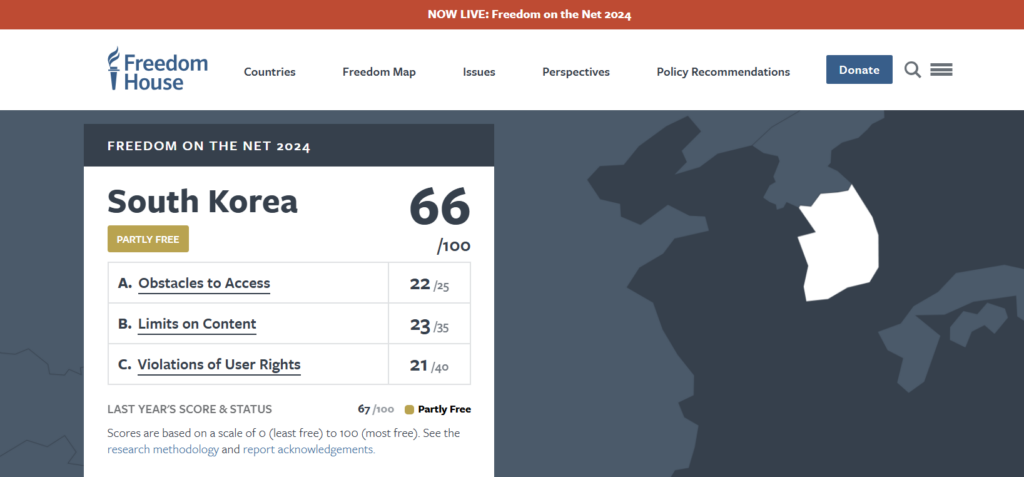
South Korea’s Index of Freedom on The Net 2024 Drops, Reveals the Failure of Yoon Seokyeol Government Administration
South Korea should take steps to ensure internet freedom in line with international human rights...
Open Net opposes MP Yoon Moon-Seok’s bill to put online news curation under “fairness” review
1. Highlights of the revision The amendment aims to prohibit internet news service providers from...
![[2024 Democracy Lab Conference] Open Net Co-Hosts and Participates in the Session: “Democracy in the Platform Era: Challenges and Aspirations”](https://www.opennetkorea.org/wp-content/uploads/et_temp/image-722x1024-183244_722x675.png)
[2024 Democracy Lab Conference] Open Net Co-Hosts and Participates in the Session: “Democracy in the Platform Era: Challenges and Aspirations”
Date and Time: Friday, November 22, 2024, 2:00 PM - 4:00 PM Venue: Roh Moo-Hyun Civic Center,...
Open Net joins global internet & society conference in Bangkok: Role of Universities in AI governance
The Global Network of Centers of Internet and Society had its annual meeting in Bangkok, Thailand...
Open Net joins global internet & society conference in Bangkok: Safeguarding Democracy
The Global Network of Centers of Internet and Society had its annual meeting in Bangkok, Thailand...
POLICY RESEARCH
Open Net Co-Hosts Seminar, “WHO’s Inclusion of Gaming Disorder in the International Classification of Diseases and Freedom of Speech”
Please read the Korean original here.
Joint Press Meeting for International Experts on Freedom of Speech
- Druking/Kim Kyung Soo online opinion rigging - 1980 Kwangju massacre denial bill - Berlin wall...
Open Net Hosts Press Conference With Leading Experts on Freedom of Speech – Kim Kyong-soo/Druking Case, Bill Proposing to Criminalize Insult of the May 18 Democratization Movement, and Graffiti on the Berlin Wall Located Near Cheonggye Stream Case
Please read the Korean original here.
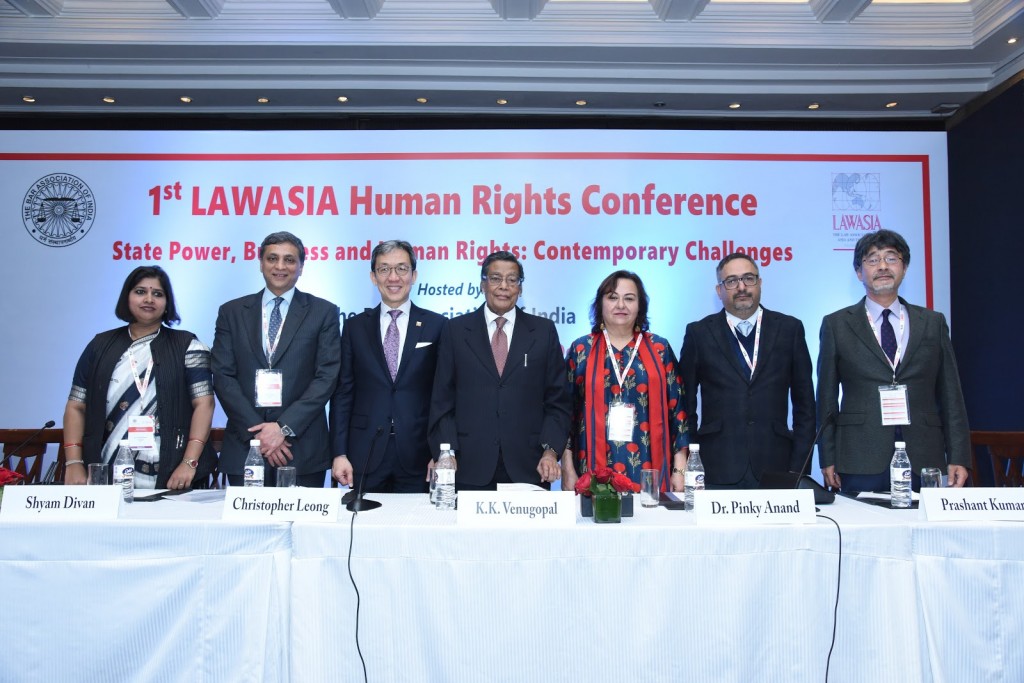
LAWASIA 1st Human Rights Conference Concluded with Great Success
Kelly Kim General Counsel, Open Net Member of the Pro Bono Committee, IAKL (International...
Open Net Invites Frode Sorensen to Speak at “Net Neutrality in Europe for the 5G Era” Seminar
Please read the Korean original here.
CAMPAIGN
Stop Internet Censoring
We have seen many attempts to censor the Internet under the pretext of copyright protection. Notorious attempts are SOPA and PIPA of 2012, which triggered the largest online protest in history and was eventually withdrawn, and ACTA, a plurilateral trade deal killed by the European Parliament in 2012. Now, Korean government tries to enact a much stronger internet censoring rule. If it passes the legislative body, a copyright protection agency may cut off access to websites that the agency views as copyright infringing. The concerns over mass surveillance and privacy vulnerabilities by the proposed rule are widespread amid the government’s new drive to block “https” traffic by SNI eavesdropping (See, press release of Korea Communication Commission on February 12, 2019 and press release of MCST on May 2, 2018, both in Korean).
Intermediary Liability Campaign
Korean law (Copyright Act Article 103, Information Communication Network Act Article 44-2) requires intermediaries to take down all content for which anyone sends a takedown notice, regardless whether the content violates any right or law, not as a condition of qualifying for a safe harbor but as a positive obligation. As a result of this ‘mandatory’ notice-and-takedown system, the intermediaries are forced to take down thousands of contents daily which they believe to be perfectly lawful. Also, Korean laws require some intermediaries like P2P and cyberlockers to implement ‘technical measures’ to filter out copyright infringing material (Copyright Act, Article 104) and obscenity (Telecommunications Business Act Article 22-3 Paragraph 1), and requires all intermediaries to implement technical measures to filter out child pornography (Children and Juvenile Sex Protection Act Article 17). These ‘technical measures’ requirement ends up requiring the intermediaries to monitor each and every third party content posted on their services, turning the Internet into a space open to only those contents implicitly permitted by the intermediaries.
Open Net Korea has engaged in various efforts to bring the Korean law into compliance with the international norm, including but not limited to participating in the Steering Committee of the Manila Principles for Intermediary Liability, co-authoring a Good Practice Guideline for Intermediary Liability Regime published by the Network of Centers for Internet and Society, and calling the international community to write to the relevant officials.
Open Payment Campaign
Currently, the law requires all online payments above 300K Korean won (about US$300) to be signed by so-called “accredited certificates”, which are backed only by a Korean government agency operating as a root CA but none of the internationally recognized certificate accreditation agencies and therefore require various plugins to be downloaded from various vendors (most often through Active X technology due to the 90% plus dominance of Internet Explorer in the country) enabling and protecting the certificates. Such monolithic “closed” payment rule made the Korea-based e-commerce inaccessible for overseas customers and very inconvenient for domestic customers and indoctrinated Korean customers into a dangerous habit of accepting downloads of unknown origins, who therefore became easy targets for pfishing and other financial frauds. Open Net calls for the dismantling of the payment rule mandating use of the government-backed-certificates that are not really “accredited” in any global sense.
In 2013, Open Net ran a petition drive to file a Citizens’ Audit on the Korean Financial Services Commission responsible for implementing the closed payment rule, and obtained the sponsorship of more than 300 signatories who signed on-line at this site.
In 2013, Open Net ran a grassroots petition drive here to demand that the authorities overhaul the online payment rule so that the Korean net users can make payments without the nail-biting, computer-freezing, caution-numbing downloading of all the plugins. Several thousands have signed on putting pressure on the legislators and authorities.
In the latter half of 2013, Open Net lobbied for a Digital Signature Act amendment bill allowing digital signatures to be approved by internationally recognized root authorities and a Electronic Financial Transactions Act amendment bill requiring the Financial Services Commission rule-making to be technology-neutral in accordance with the Basel Principles. Here is the campaign headquarter page from which people will gather information and write mails, Twits, FB entries alerting the relevant lawmakers.
“Real” Child Abuse Prevention Campaign
The law punishes virtual images of imaginary children such as in animation and adult-actor films under the same legal scheme as child pornography made of video-recording or “morphing” of real children, which carry mandatory minimum sentence of 5 years for production and, among other things, 10 years of employment ban and 20 years of residential address tracking, not to mention the stigma of “child sex offenders”. Such law resulted in police actions focused on online uploading and downloading of files at the expense of depleted resources for pornography involving real children, which ironically ended up indictment of juvenile computer users as “child sex offenders”. Open Net calls for amendment of the Child and Juvenile Sexual Abuse Prevention Act to make the law serve its real purpose.
Campaign to Strike Out the Three Strikes Rule
In Korea, the copyright Three-Strikes-Out Rule came into effect on July 23, 2009 and gave the government a power to disconnect users from the Internet in the name of copyright protection. So far, although no one has been disconnected from the Internet, 408 website accounts have been shut down and 468,446 warnings or takedowns have been executed by the South Korean government (The Ministry of Culture and the Korean Copyright Commission, an entity empowered to do so without judicial scrutiny under the three-strikes rule). There is no prior judical scrutiny. The government has the full discretion in determining whether the postings or the user accounts are to be taken down or not. This is administrative censorship done fast and cheap for the rightholders, however, suppressing freedom of expression and communication and Internet users’ fundamental right to access, and endangering the future of the free and open Internet.

